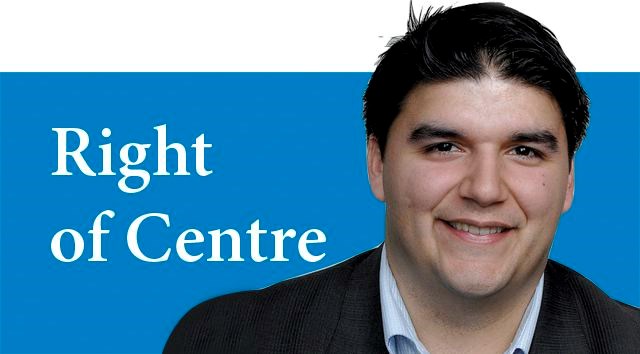A momentous occasion passed by yesterday.
Besides the carnality, frivolity, and cultural appropriation license afforded by Halloween, the Reformation turned 500 years old. For anyone calling themselves a Christian of the Catholic, Protestant, Evangelical, Anabaptist or Calvinist variety, this anniversary demands at least a moment of introspection and reflection. In short, we must look at the good, the bad and the ugly results of this event in our collective history.
The bad: any and all tensions between the sects of Western Christianity, such as those that erupted into incredible violence during the religious wars of early modern Europe continuing all the way to the awful Troubles of Ireland, must be acknowledged as great evils against God and our neighbours. They remain a scandal of our collective faith in Christ who preached love and unity in the body of believers. For what we have done and failed to do, we must repent.
Part of that penance requires an honest investigation into both the specific histories as well as ideas that continue to divide and affect us. St. Jerome said that ignorance of the scriptures is ignorance of Christ; after Luther, ignorance of theological issues is ignorance of our present reality as Christians.
Ecumenism is not a fancy word for clergy and academics only - it is the call of every Christian believer until we fulfill as Our Savior prayed "that they all might be one."
The good: just as the gospel is "good news," the relative peace among Christians divided by the Reformation is incredibly encouraging as is the fruition of many of the Reformers goals in the Catholic tradition. While most of the most dire corruptions in my Roman faith were actually dealt with at Trent which occurred in the midst of the Reformation, the hope of saying mass in the vernacular and incorporating lay apostolates were accomplished at Vatican II in 1965.
To be clear, especially to conservative Catholics, I wholly acknowledge that Vatican II is not without its issues, and there remain large divisions within our faith that must be healed. But as St. John Paul the Great showed in word and deed, we must not be afraid to move forward with the "New Mass" and the "New Evangelization" as it is intended - to meet all souls in words and deeds that speak to them in their own languages and traditions with faith, hope and charity.
The ugly: the unintended effects of the Reformation, best summarized in a book by the same name, are issues that all Christians must face and, in facing them, might well be our way back to unity. In the violence wrought by religious warfare, the secular state was founded as a way to bring about peace between the warring factions. While none of us might wish a return to outright theocracy or the divine right of kings, the secular state is not an ambivalent force either.
As more and more powers have been awarded to our political masters that were once in the hands of churches alone - healthcare, education for children and adults, care for the poor and orphaned - it has become clear that expedience trumps questions of morality and ethics to a degree that would be unrecognizable even a few generations ago, let alone to the intentions of the Reformers. This is a danger to believers especially, as liberty is based on freedom of belief.
Make no mistake: abject, uncritical obedience to any authority is evil, but in the world beyond good and evil that the secular state has made for itself, such arguments are deemed impolite, politically incorrect, even seditious. There is an unholy alliance between power and those that consistently malign the position of the family, the unborn, the elderly and the dying, to say nothing of the monetization of every aspect of life. If nothing is sacred, nothing is protected.
Luther said, "peace if possible - truth at all costs." In this he was right; the truth is we can reunify if we act in faith, hope and charity towards each other. It is, in fact, the cost of peace.



